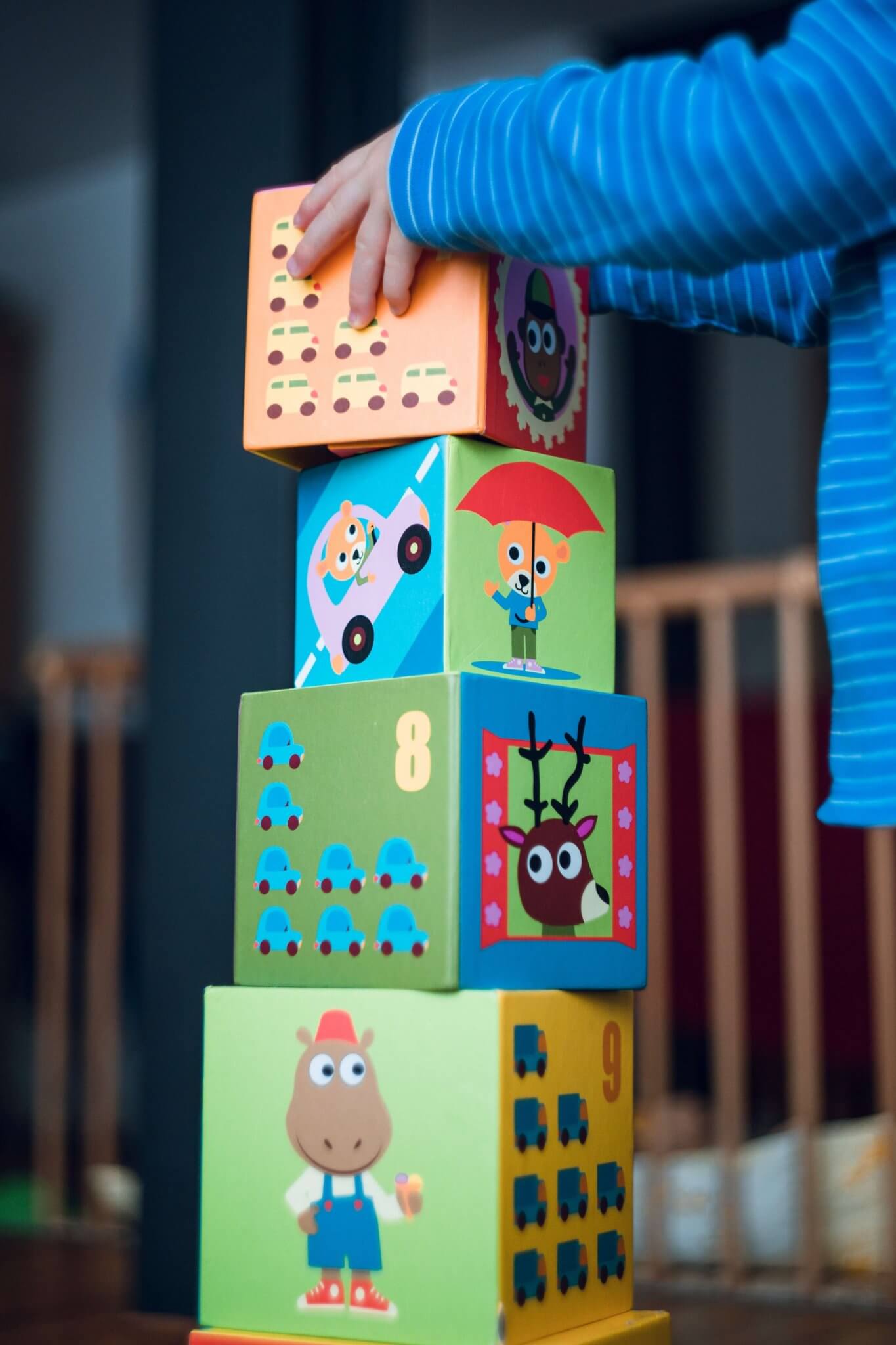Telling Lies Makes Kids Smarter.

Lying as a child can actually make you a smarter adult.
By Lydia Richins, VP Marketing —
The Experiment of Lying Kids
According to research done by Michael Lewis nearly 20 years ago, you shouldn’t be too concerned if your child lies. It’s not only normal but can even be good for children. In Lewis’ test, he told children (ages two, three, and four) to not look at a hidden toy. When the researcher left the room, the majority of children peeked. When the children were asked, they found that a third of the two-year-olds, half of the three-year-olds, and 80 percent of the four-year-olds chose to lie. Interesting? Not really. However, the research took a surprising turn when the researchers tested each of the kids I.Q. Children who lied scored up to 10 points higher.
Why Lying Has This Effect
Lying is complicated- and requires a much more mental effort than telling the truth. This helps liars develop better executive functioning skills. These skills help a person stay focused and control impulses. On top of that, liars generally have better cognitive development and are more socially adept.
How Complicated Can Lying Be?
Is it really hard to lie to a simple yes or no question? According to Converus, the makers of a new lie-detection technology called EyeDetect®, the answer is yes. Research supports that anytime someone lies, they experience an increase inwhat they call “cognitive load.” In other words, brain activity increases as people evaluate consequences, create a fabrication, and try to act credible. This increase in cognitive load and the result is measurable— -but not with the our naked eye. EyeDetect® is a noninvasive test that measures pupil dilation and other factors to determine whether or not someone is lying. Lie detection technology is especially important because, on average, humans are generally only accurate in catching a liar 54% of the time (just barely better than flipping a coins).
What Does This Mean For Your Kids?
Knowing that liars score higher on I.Q. tests, what should we do? Should we encourage children to lie? Play games where deception is key? Maybe. That’s up to each parent, but know this: in this study, the small percentage of kids who didn’t peek had I.Q.’s even higher than the liars. If a high I.Q. is your goal, teach obedience, not deception.
Source
Photo by / Markus Spiske

